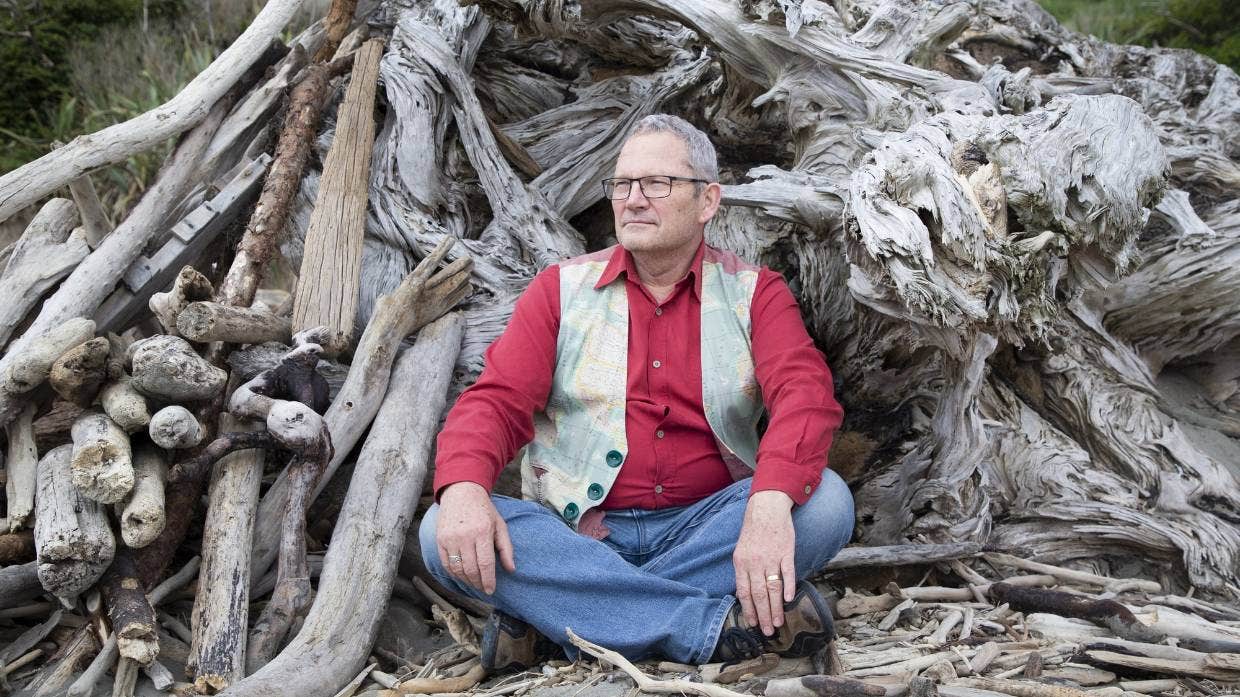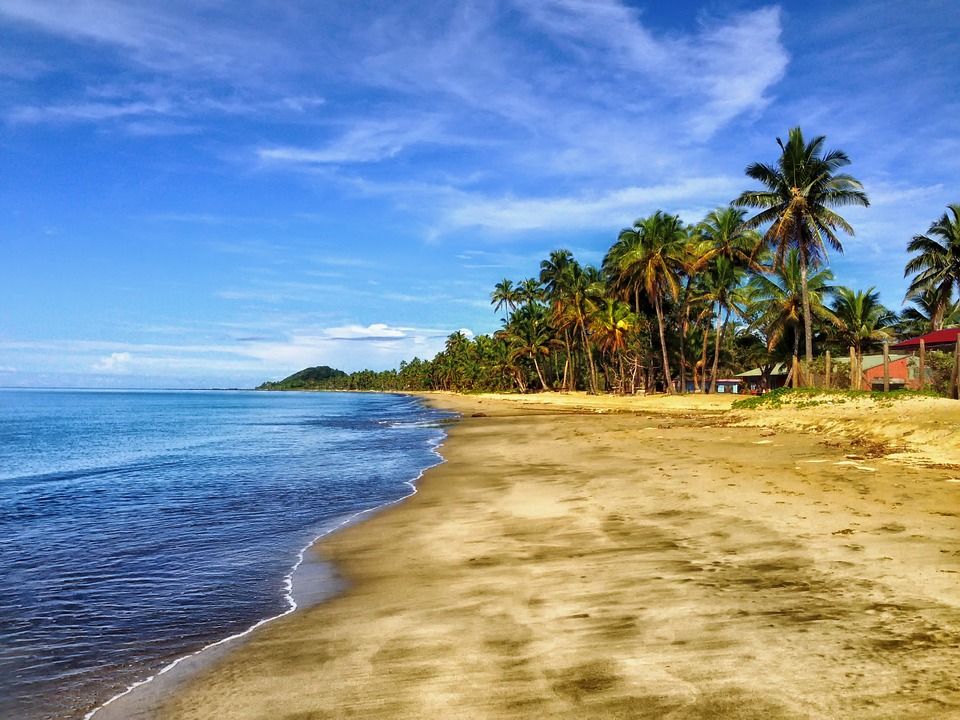Pacific researchers are calling for the planet’s leaders to join forces with them to fight climate change.
The Intergovernmental Panel on Climate Change released its sixth assessment into the impacts of rising temperatures with a focus on communities, ecosystems and biodiversity last week.
The report painted a bleak picture for the next decade with temperatures expected to top 1.5 degrees Celsius of heating not long after 2030, having already heated about 1.1C from people’s gases.
Even in wealthy countries, adapting to worsening floods, fires, droughts, heatwaves and other disasters will get much harder once the planet hits the 1.5C increase mark. Already, 3.5 billion people are classed as highly vulnerable to climate change, with an emphasis being placed on indigenous communities.
In the Pacific, nations are facing the very real and urgent need to fight against the rising tide that’s threatening their communities and livelihoods.
Senior Pacific climate adviser for the Red Cross Red Crescent Climate Centre Olivia Warrick was a lead author on the small islands chapter of the report.
She said islands in the Pacific have been fighting to protect their lands by using Western science methods alongside local and indigenous knowledge to cope with the rising seas and extreme weather events.
However, as noted in the IPCC report, financial constraints were limiting this work, Warrick said.
“In Fiji there has been a number of instances of communities needing to relocate in response to storms and flooding events which is pretty devastating for communities.
“The evidence based in the IPCC report shows that while increasing recourses have been funnelled into adaptation in the Pacific and small islands, it is not enough.
“The IPCC has said so definitively and strongly said that any further delay in any concerted action is going to miss a brief and rapidly closing window that is going to secure a sustainable future for all of us.”
While it was “frightening and frustrating” knowing what could come to pass, Warrick was hopeful that, with the report’s stark findings, leaders around the world would act.
“One thing that sets this most recent report apart from some of the others is that there is much more emphasis on indigenous and local knowledge and culture … used in adaptation strategies across small islands.
“When these strategies build on indigenous knowledge and integrate it with science, they are often more successful as they fit the local context better.
“For example, in some islands in the Pacific, communities are using both indigenous knowledge and local knowledge-based indicators and Western science-based weather and climate forecasts to prepare for extreme weather events.”
Climate scientist Professor James Renwick said it was heartening to see indigenous knowledge being included in a more significant way in this report, however more needed to be done to shift away from the Western silo science.

“Research structures and institutions like the IPCC are colonial, they are designed by often white European people and they are not designed to look at indigenous knowledge.
“It’s really critical to include indigenous knowledge and First Nations knowledge in our response to climate change.”
However, he was hopeful that, with its emphasis in the IPCC report, Pasifika and other indigenous knowledge was becoming more accepted.
“One of the great things about the IPCC is it’s based off what’s been accepted by the international community.”
In New Zealand, distinguished professor and director of Canterbury University’s Macmillan Brown Centre for Pacific Studies Dr Steven Ratuva said efforts were being made with Pasifika youth to help educate them about the climate crisis to become leaders in their own communities.
By holding talanoa (transparent dialogue) with young people and their families, he hoped they would consider future climate scenarios and how they might redesign their communities to cope.
Dr Ratuva said it was important that climate adaptation focused on families and communities, rather than individuals.
“The consequences of one’s action impact on others, so addressing the climate crisis is a collective responsibility,” said Dr Ratuva.
SOURCE: STUFF NZ/PACNEWS













